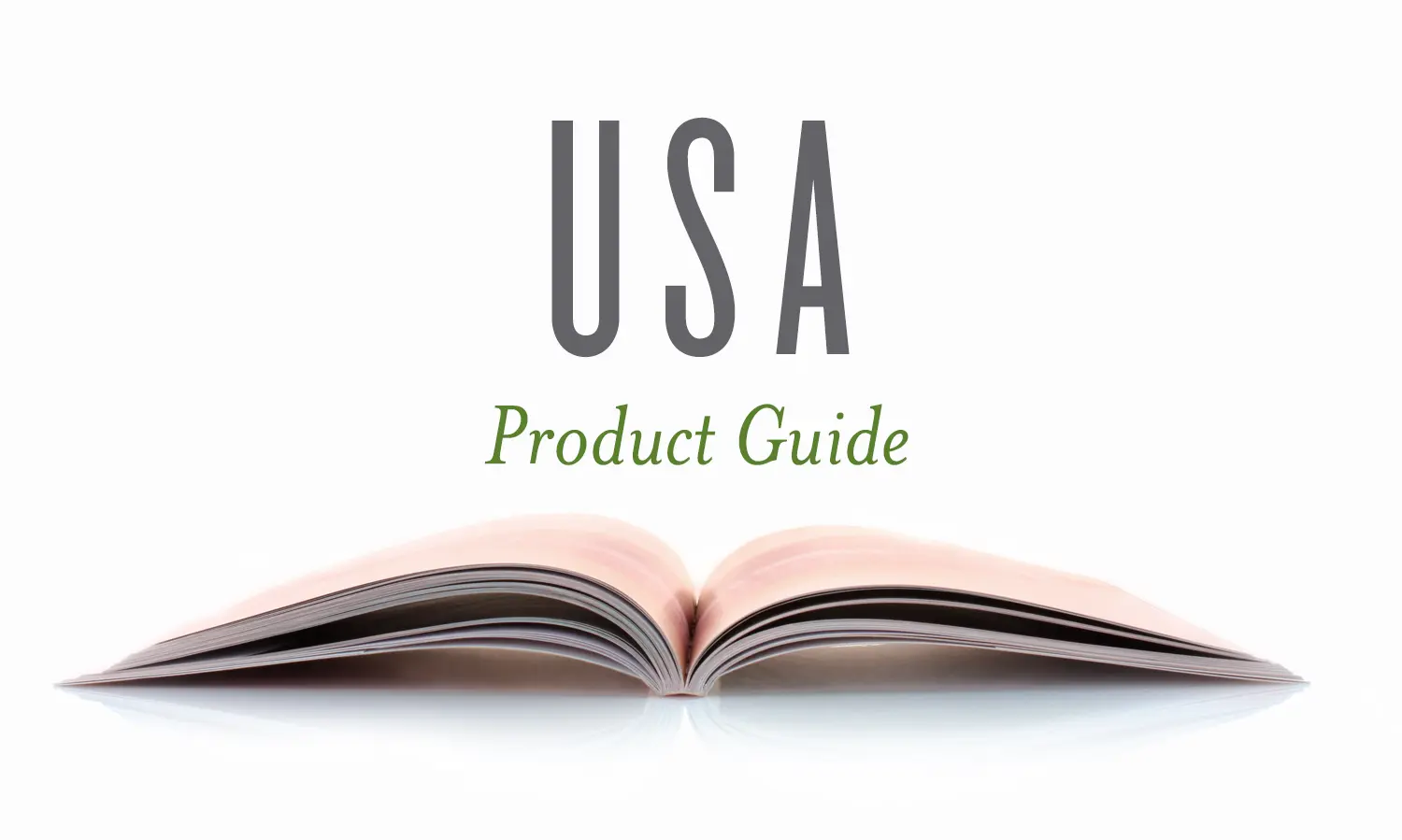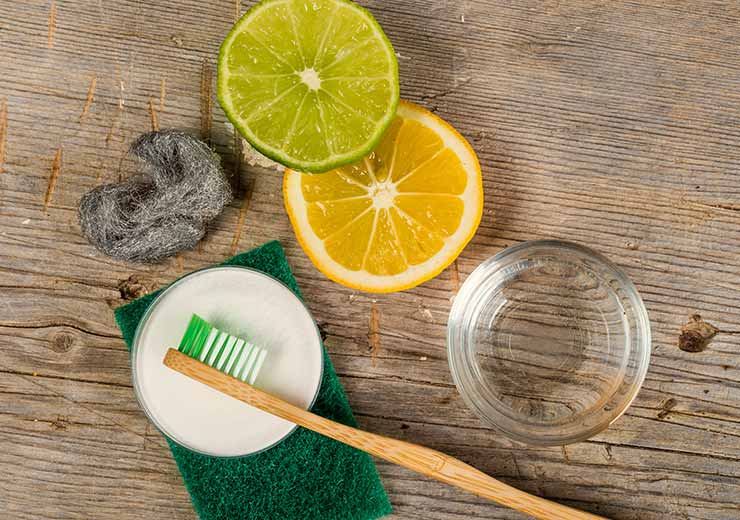By now you have all heard of the murder of the CEO of United Health Group. The rumors speculated that the shooter's mother was turned down for certain medical needs. Neither the shooter nor his mother had coverage with this company. The truth is that the shooter targeted UHG because they are the largest "healthcare" insurance company in the U.S. The shooter alleges in his "manifesto" that they represent corporate greed, and the CEO was targeted as a symbolic takedown.
I use the term "healthcare" for insurance companies loosely. I call it sick care. Granted, who loves medical insurance companies? Look what a behemoth they have become and who can afford them? How did it get this way? How did insurance companies and pharmaceutical companies take over "healthcare". Fixing this will take a lot of time but we cannot put our hopes on anyone to fix it with a magic wand. We need to be proactive regarding our health.
Today’s healthcare system is not about health. It’s about selling a never-ending series of tests, drugs, and procedures to people. “Alternative health” is about selling different tests, supplements, and procedures to people. In order to maximize sales, tests and treatments need to be marketed to the general population, with no consideration about whether or not most people are actually candidates for or can benefit from the services promoted.
Advertising helps to promote all of these ideas. Insurance companies send reminders about “regular checkups.” Billboards in airports promote the idea that testing for a growing list of cancers saves lives. Television ads tell consumers that every negative emotion people experience, however normal or fleeting, is a diagnosable condition and drugs are available to treat it. Symptoms like frequent urination, pain, constipation – these are all things that require intervention by highly skilled physicians who can treat them with drugs.
Being sucked into the medical mill is how the medical establishment generates business, and most important, repeat business. Once taught that every symptom requires intervention, every abnormal biomarker is a sign of disease, and anything even a little unusual means a specialist should get involved, the now "well-trained" consumer comes back again and again. This consumer is hyper-focused on every small sign or symptom, convinced that it is an indication that treatment is needed. Also, the consumer is taught to be grateful that various “conditions” have been successfully diagnosed and treated (NSAIDS or COX-II inhibitors have stopped the pain, SSRI’s have relieved the negative emotions, hormone therapy has stopped the hot flashes, PSA testing or mammography has diagnosed “cancer” early, etc.). Of course, this leads to even more tests and treatments. The main reason that cancer screening remains a booming business is not because it “saves lives,” but rather due to economics. It is estimated that the screening business generates $80 billion dollars in sales annually in the U.S, and screening is the best way to recruit patients for the cancer treatment industry which generates hundreds of billions of dollars for medical centers annually.
The insanity is that while this goes on, the patient usually experiences visible declining health. Over 70% of Americans are overweight or obese. Most are sedentary. Most eat a terrible diet. They don’t look good and they certainly do not feel good overall. And during the never-ending interactions with doctors, there is almost no discussion about these issues, or their cause. Americans are seeing more doctors for more tests and treatments than ever before, while they get sicker. Both doctors and patients seem to be oblivious to the irony of the situation.
The medical establishment knows that humans do not like to experience discomfort, which is why their marketing campaigns work. They promote the idea that people can avoid the hard work of taking care of themselves by signing up for tests and treatments instead. Medical care essentially makes consumers passive participants in their own lives. While it’s a bad idea, it’s an enticing idea, and one that can be difficult to resist. Hence, many people become “addicted” to medical care and can have difficulty “withdrawing” from the hyper-focused, quick-fix mentality.
I’m not suggesting that people avoid all interactions with doctors or healthcare. If I had a pain in my side that did not resolve in the next few days, I’d have it checked out. This is common sense. But aside from the obvious need for care from time to time, gain some confidence in your body’s ability to achieve health. And gain some resilience for dealing with discomfort. It’s part of life. And it’s certainly part of healing.
What else can we do? What commitments can you make to yourself in 2025 besides the obligatory resolutions like "losing weight" or "getting healthy"? Neither of those have a specific plan of action to accomplish the resolution.
For starters, become an Informed Consumer. Learn how to filter information regarding your health. Learn what the risks and benefits are of any medical intervention suggested by your doctor.
Stating that you are going to lose weight and get healthy without a strategy leads to failure. Our objective is to help you learn how to remain or to become a healthy person. Optimal health is achieved and maintained when people practice proactive and intentional health care.
We remain committed in 2025 to helping you learn the tools to achieve optimal health and to stay out of the medical mill.
Liz Fattore
Licensed Food Over Medicine Instructor
Wellness Forum Health
Resources: Wellness Forum Health
































